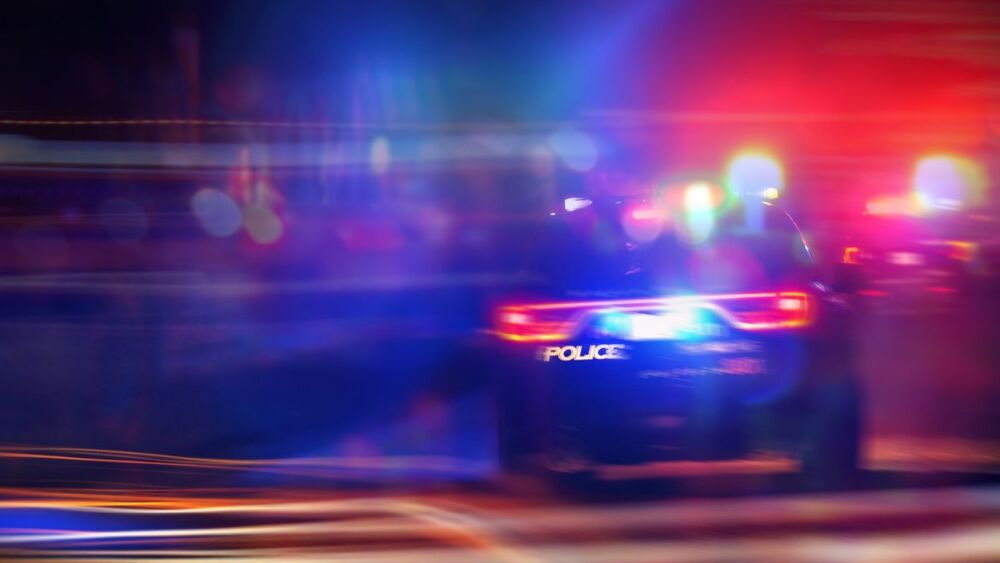By Matt Sledge
The Times-Picayune | The New Orleans Advocate
NEW ORLEANS — It is one of the most startling crime stats to emerge in recent months: It takes New Orleans police an average of 2 1/2 hours to respond to a 911 call, according to a new analysis presented to the City Council on Wednesday.
That figure, calculated by the data firm AH Datalytics and presented to the council’s criminal justice committee, was determined after looking at response times for all calls — including low-priority incidents, like fender-benders or stolen cars where residents are in little danger.
The New Orleans Police Department immediately took issue with how data analyst Jeff Asher crunched the numbers, asserting that residents should focus instead on the department’s response times for emergencies, which police get to largely within minutes.
Low-priority calls are often placed at the end of long backlogs, driving up the overall average.
Still, residents in other parishes and states can expect much faster response times for calls about even minor issues. While the NOPD average would give a 911 caller time to watch an entire movie and then some before police arrive, the average is 20 minutes in Little Rock, 22 minutes in Cincinnati and 28 minutes in Virginia Beach, according to the analysis.
City Council members said the situation is a crisis that demands immediate action from City Hall.
“We’re just done with the talk,” said Council President Helena Moreno. “We just have to be really honest and say that potentially, people’s lives could be at stake.”
[PREVIOUS: New Orleans officers, leaving in droves, air grievances in exit interviews]
A recurring problem
This is the second time in recent years that the NOPD has been faced with widespread complaints about police response times. In 2015-2016, then-Police Superintendent Michael Harrison oversaw a major reorganization of the force to deploy more officers to the streets to handle 911 calls, which resulted in a significant decline in call response times.
Current Police Superintendent Shaun Ferguson has far fewer officers at his disposal. After modest gains to the force’s size that peaked in 2019, officers have been leaving in droves since the pandemic began.
The NOPD currently has 974 officers, a 9% decline since the end of 2021, according to Asher.
In a lengthy statement, the Police Department said the council’s data firm seized on the wrong numbers. The force says that when looking solely at high-priority emergency calls, response times have increased only slightly since the start of 2021.
“Unfortunately, the data presented to the City Council’s Criminal Justice Committee today conflate response times in true emergencies with response times for routine non-emergency service calls, including calls which do not even involve an alleged crime,” said Gary Scheets, an NOPD spokesperson.
According to the NOPD, half of all emergency calls were answered within 10 minutes, 15 seconds at the start of 2021, rising to roughly 13 minutes this month. The NOPD’s chart did not include data prior to 2021, when response times had already started to spike, according to the AH Datalytics report.
Gone on arrival
Council members said they were particularly alarmed by one of the findings presented by Asher. In a rising share of cases, police are marking even calls about serious crimes as “gone on arrival” or “unfounded.”
That’s because after waiting for hours for cops to arrive, some residents simply give up. For nearly a third of calls, police arrive to find no victims or witnesses to interview.
Compared to a three year average from 2018 to 2021, the number of aggravated assault calls that end with no formal written report has risen by 14%; the number of aggravated rape calls by 20%; and the number of armed robbery calls by 10%.
Nearly a half of calls marked by dispatchers as potential aggravated assaults, and nearly a third of potential aggravated rape calls, now result in no written report.
The NOPD acknowledged that the share of “gone on arrival” calls has risen, even from a baseline at the start of last year.
“However — and again reflecting the extent to which we have been forced to prioritize limited resources — the change is mostly confined to non-violent incidents as classified by the initial call for service signal type,” Scheets said in a statement. “For violent offenses, there was an uptick in the percentage of cases resulting in Gone On Arrival dispositions in the second quarter of this year, but we are seeing those numbers return to the mean thus far in the current quarter.”
By the NOPD’s calculation, 24% of crimes against persons, as opposed to property crimes, are currently marked as unfounded or gone on arrival.
[RELATED: New Orleans PD hemorrhaging officers with little relief in sight]
Civilian response mulled
In response to the dwindling officer corps, Moreno and other council members called on Ferguson to accelerate efforts to have civilians handle minor crime reports and other tasks currently assigned to police.
District D Council member Eugene Green praised that idea. However, he cautioned that it could bear limited results, given the challenges the city is having in filling positions in other departments.
“We have 920 vacancies at the city right now, and some of those include inspectors, where you’re not exposed to any violence,” Green said.
The NOPD has said that it is taking a number of steps to respond to the steep decline in its officer ranks, including deploying cops on 12-hour shifts so they spend less time at roll call. Last week, the City Council approved Mayor LaToya Cantrell’s plan to dangle huge retention bonuses in front of cops to keep them on the force.
___
(c)2022 The Times-Picayune | The New Orleans Advocate
NEXT: Confidence in New Orleans PD plummets as crime fears swell, survey shows


